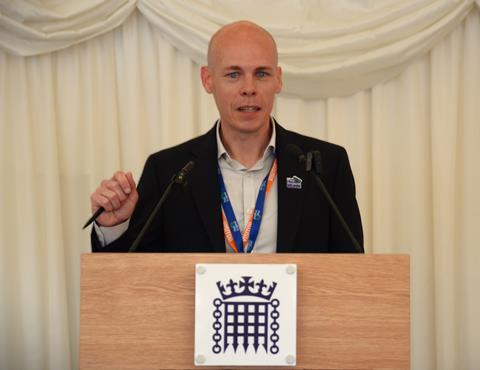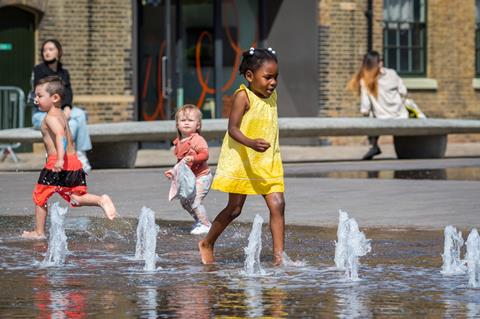
Just over seventeen years ago, on 2 April 2008, the last Labour government launched England’s first, and only, National Play Strategy.
Ed Balls and Andy Burnham, both secretaries of state at the time, quite literally swung into action at an adventure playground in South London to mark a moment that was set to transform play in England for a generation.
Developed in partnership with Play England, the strategy was bold, ambitious and forward-thinking. Backed by £235 million, it aimed to create 3,500 new play spaces across every local authority, including 30 staffed adventure playgrounds. More than just playgrounds, it set out to embed play into planning, housing, schools, transport and public space.
And, crucially, it recognised play as a right, not a luxury, vital to children’s health, happiness and development.
But just two years later, the coalition government pulled the plug on play.
What followed? A wilful collapse in political leadership, and subsequently the steady erosion of play provision and play policy across England. Adventure playgrounds disappeared. Playworkers were forgotten. Playgrounds rotted. Inequality deepened. And children have been paying the price ever since.
A lost generation
Seventeen years. That is an entire childhood, from birth to adulthood, without any national commitment to play.
This is nothing short of a generational failure. Millions of children missed out on the opportunities, experiences and freedoms they should have had. And we are now seeing the consequences: rising anxiety, falling wellbeing and fragmented communities.
An independent national evaluation had been commissioned to assess the strategy’s impact, and early findings were promising. As the interim report noted, “there is evidence that the new play areas were beginning to have a positive effect on children’s experiences of and attitudes toward play.” But just as this progress began to take hold, the strategy, and the evaluation, were abruptly ended.

Imagine if the strategy had been delivered as envisioned, right through to 2020. What happier, healthier, more resilient shape our children might have been in as they emerged from the pandemic years.
We can and must do better, for our children and future generations.
That is why Play England boldly continue our call for a new National Play Strategy, this time underpinned by Play Sufficiency legislation.
A growing movement
Momentum is real, and growing. In the past year alone, Play England’s advocacy has delivered results:
-
Secured legislation to make public playgrounds smoke-free
-
Won a key change to the National Planning Policy Framework to protect play spaces
-
Put play back on the political agenda, shaping national debate on play
In January, Tom Hayes MP led the first parliamentary debate on play in over a decade. MPs from across the House and the Minister backed our call, not just for a new National Play Strategy, but for Play Sufficiency legislation requiring every local authority to assess and secure play opportunities for all children.
The 2008 strategy was ahead of its time. Its core principles, universal access, inclusive design, local leadership and meaningful participation, remain rock solid, and even more relevant today than ever.
Time to step up
Every child deserves the time, space and freedom to play.
That is why, on 13 May, we launched Play England’s new organisational strategy at the Houses of Parliament, hosted by Tom Hayes MP. We brought together over 100 senior figures, MPs, peers, sector leaders, funders and decision-makers, to put play back where it belongs: at the heart of public life.
The event also marked the launch of a new All-Party Parliamentary Group (APPG) for Play, a cross-party coalition of Parliamentarians committed to building long-term political will and accountability around children’s right to play.
This was not just a launch. It was a turning point, for children, for play and for Play England.
But we cannot do it alone.
To build a future where every child can play, we need your support, as funders, partners and champions. Financially. Politically. Publicly.
If you believe in play, now is the time to act.
Want to help? Contact: eugene.minogue@playengland.org.uk
















No comments yet